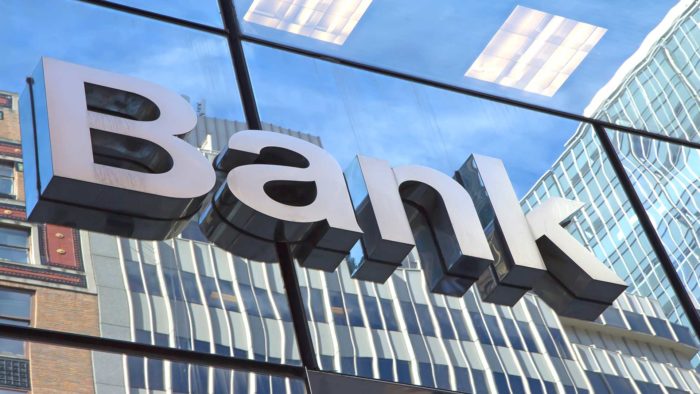This post has already been read 2042 times!
With more many struggling to pay debts, people need to watch their bank accounts closely for unnecessary charges. Even a handful of bank charges could push a person deeper into debt, making it difficult to recover financially. Follow these seven essential tips to avoid bank charges and keep the money that belongs to you, according to www.lifehack.org.
Understand what your bank can charge
The government sets regulations that prevent banks from charging outlandish fees. Despite some regulations, banks still get to charge relatively high fees for simple mistakes and services. Always read the fine print before opening an account. If your bank updates its policies, read the new fee structures so you understand exactly what your bank can charge.
Search for banks without unnecessary charges
Not all banks try to make money out of every transaction. If you are tired of paying fees for things like Automated Teller Machine withdrawals and talking to a teller, search for banks that don’t charge for those services. There are plenty of options, including credit unions and online banks.
Bundle services to avoid bank fees
Banks want you to use as many services as possible, so they eliminate certain fees for customers who use bundled services. Someone with a current account might have to pay a small monthly fee. Adding a savings account could lower or eliminate that fee.
Talk to your bank about how bundled services could help you avoid unnecessary fees. If you are not satisfied with the response, start exploring alternatives with better, cheaper services.
Avoid overdraft fees by keeping enough money in your accounts
Banks usually charge overdraft fees when you spend more money than you have in your account. Keeping a close eye on your current and saving balances will help you avoid overdraft fees.
Banks often charge fees for continuous transfers, so you may want to consider using a money transfer service to avoid these charges. Doing so could help you avoid numerous fees and potentially overdrafting your bank account.
Use online banking to avoid paper statement fees
Now that most banks offer online services, members may have to pay extra for paper statements. As long as you have a computer and Internet connection, you can avoid those paper statement fees.
Most banks will let you choose whether you want paper or electronic statements. Ask if you have to pay for paper statements. If you do, consider opting out of that service. You would spend less money printing your online statements than having the bank send you paper versions in the mail.
Choose an account with fewer charges
Even at the same bank, members may pay different amounts for similar services. You can save money by choosing an option that matches the way you prefer using your account. For instance, if you prefer going inside the bank to talk to a teller, you may have to pay a fee unless your account covers the service. Other accounts may charge for using ATMs.
Find an account that will charge you less for the services you plan to use.
Ask the bank to waive fees
Banks want to make extra money by charging fees, but they don’t want to lose long-term customers over piddling amounts. If you receive a charge that you think is unfair, contact the bank to ask about waiving the fee. Many banks will remove the charge from your account to keep your business.
Some research shows that some people have convinced their banks to forgive fees. You are more likely to get a refund by talking to service reps nicely and moving up the chain of command until you find someone authorised to remove the fee.
Since banks want to keep their best customers, long-term members without previous charges may have more success.
[Punch]



